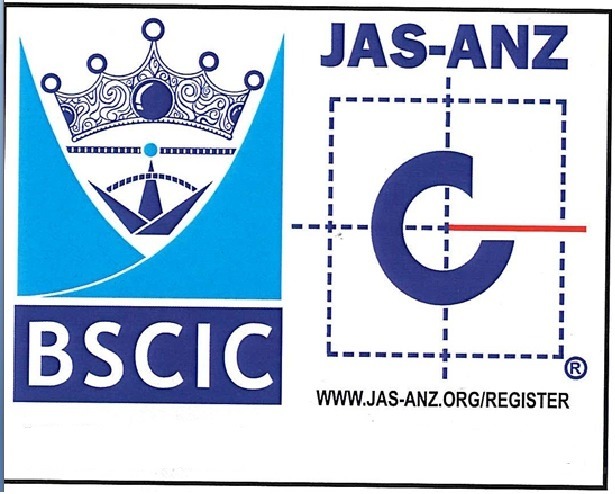Quality Systems
 |
IDCO was the first PSU in the country to get the ISO 9001 certification from TUV Germany, for infrastructure development, industrial estate management and consultancy, design, execution of civil, electrical, water supply, and public health engineering projects. Realising that industrial growth without proper concern for the environment would prove detrimental to the state, IDCO then went ahead and was awarded the ISO 14001 certification, again from TUV Germany, for having established and applied an environmental management system for infrastructure development, industrial estate management, and consultancy, design, and execution of civil, electrical, water supply, public health engineering, and landscaping works. In line with the ISO certification, IDCO strictly implements the following policies: |
Quality Policy:
The corporation is committed to setting up Quality infrastructure for rapid establishment and orderly growth of industries, trade and commerce in the state of Odisha. It also aims at providing total quality construction services in the Industrial and Social sectors consistently meeting customer satisfaction.
Quality Objectives:
- A very responsive customer care
- Quality infrastructure in growth centers industrial estates and industrial areas.
- Effective maintenance of amenities provided in Industrial areas
- In-time completion of construction projects within optimised cost Optimised inventory holding
- Continuous upgradation of knowledge base and adoption of the state-of-the-art technologies
- Participative decision making
- Creativity and innovation
- Adherence to standards, codes, statutory regulations
- Long term relationship with capable sub-contractors
- Concern for environment and society.
Environment Policy:
In conformity with our corporate quality objectives, the corporation is committed to strive for environmental protection and resource conservation in its activities through:
- Continual improvement in its environmental performance by systematic and periodic review of the activities having significant environmental impact.
- Strict compliance to applicable environmental laws and regulations in all its operations
- Effective resource utilisation
- Training of all employees and creating general awareness among contractors working with it and entrepreneurs having units in its industrial estates.


